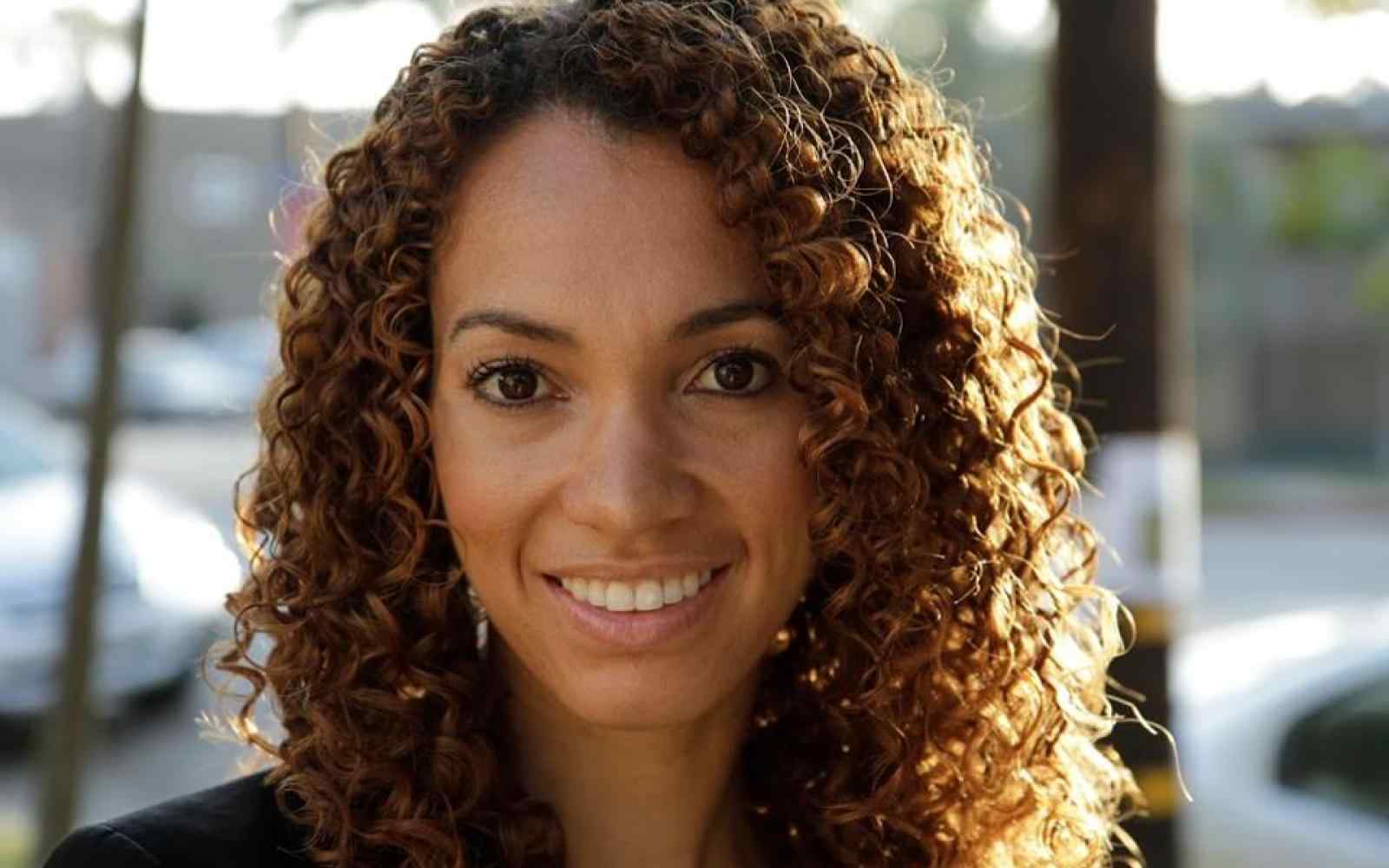
Our Fight Too: What Gina Clayton is Doing About the Burden of Mass Incarceration on Women
Amid the growing conversation about mass incarceration in the United States, social entrepreneur Gina Clayton sees a part of the problem – and the solution – that has gone largely overlooked. Ashoka’s Michael Zakaras caught up with Clayton, who started Essie Justice Group, to learn more. "In my first year of law school, someone I love was sentenced to 20 years in prison. The turmoil and stigma I felt was an extremely isolating and troubling experience. I went on to practice law in Harlem and work with women who were losing their homes due to a loved one's criminal matter. I saw over and over how much the stigma connected to their circumstances prevented women from connecting or opting into existing social support networks. I saw clearly the resulting mental health stress, sometimes leading to depression, even suicide... I saw an opportunity. Here we have millions of women who, despite profound challenges, are leaders in their families, daily navigating complex systems to keep their families going forward. And in the history of progressive social change, women have played a critical role in moving the needle on stubborn social issues. That’s where the idea came from to build Essie."
Ashoka insight
Ashoka Fellow Gina Clayton is fundamentally altering the landscape of criminal justice in the United States by identifying the immense difficulty faced by women whose loved ones have been incarcerated. In doing so, Gina is transforming the isolation often felt by those in our society into opportunities for deeper connection, love and community, enabling them to better support their loved ones in prison as well as manager themselves in daily life. Through her work, Gina is fundamentally shifting a culture of isolation and containment felt by this vulnerable part of U.S. society into one of greater balance and deeper connection. This, in our minds, constitutes a frame change towards greater inclusion and connection in the United States' criminal justice system.